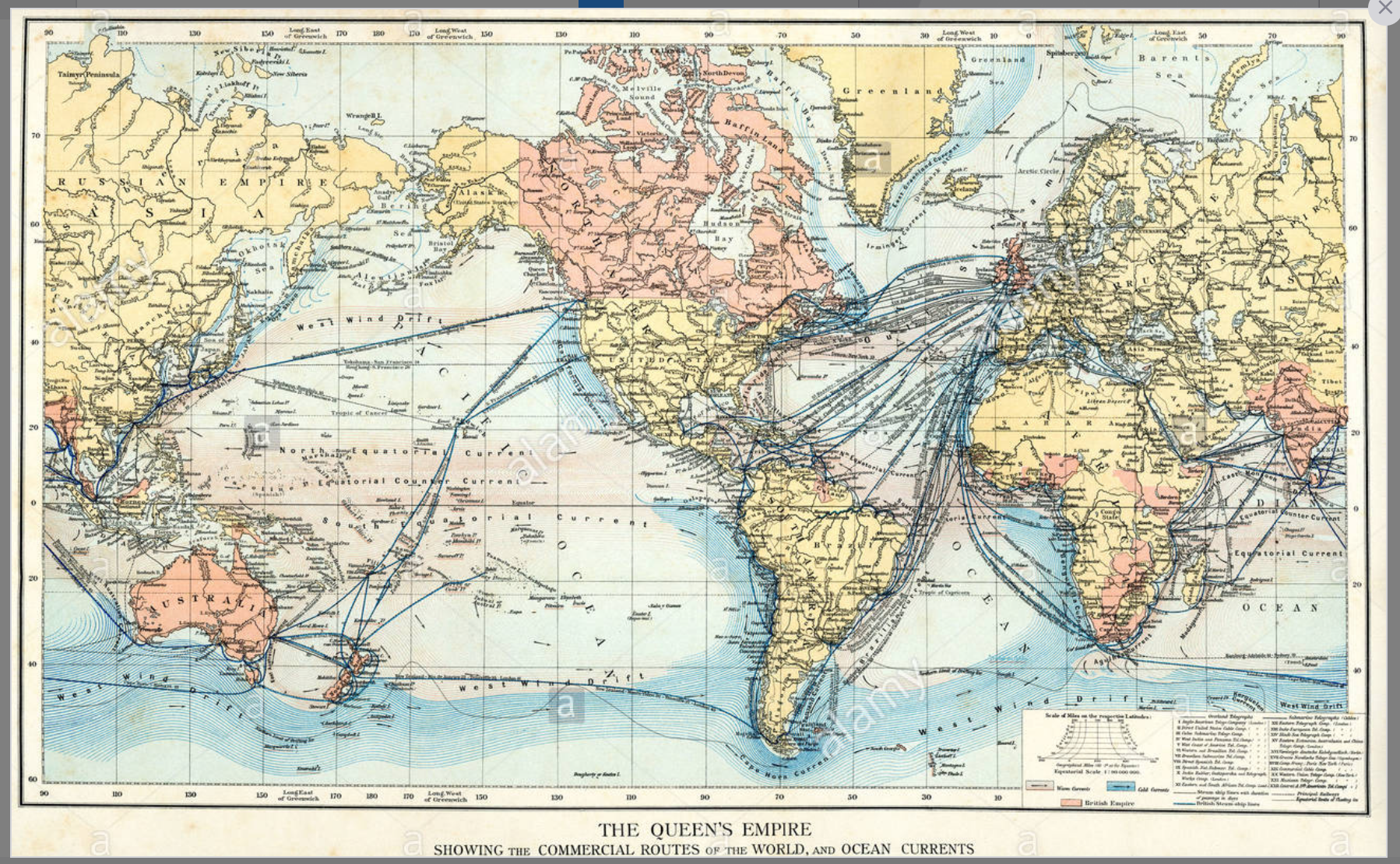
Imperial Languages: Empires and their Imprint
Imperial Languages Workshop I: Texts, 19-20 April 2018, organised by Centre for Medieval Literature, King's College London, SOAS and Courtauld Institute
Introduction
Languages play an important role in the definition and self-definition of empires. No empire can manage without at least one, and sometimes several, firm and standardized languages. In thus shaping and upholding a linguistic field of communication and identity, empires end up leaving a far-reaching and long-living imprint on other languages. These imperial languages become the conveyors of a certain pedagogical and administrative praxis, conceptual outlook, and political claim, even long after, or far removed from, the hub of their actual imperial splendour.
That empires have their languages is of course not a new observation. But since the rise of nation states, issues of national or ethnic identity have generally guided many discussions on the social/political role of languages. Within the last few decades scholarship has developed new conceptual tools for the study of imperial identity (Bang & Kolodziejczyk 2012), of vernaculars (Pollock 2006), and texts and literature operating on various scales, from very local to global (Beecroft 2015).
The mapping of universalizing processes in empire building has made us alert to the inner, and yet varied, self-definitions of large political entities from Antiquity to the 21st Century. Here language becomes a crucial element that calls for further study. We lack comparative studies, e.g. of the recurrent retention of the imperial language of former ruling groups (and of the subsequent change of imperial language). Why – and through which mechanisms – did some imperial languages continue to be used by new rulers and others not? Shifts in imperial language often led to the development of secondary imperial languages (Greek in the Roman empire, Persian in the Caliphate etc.), but not enough has been done to assess the various forces behind and implications of secondary imperial languages (see, however, Niehoff-Panagiotidis 2003). ‘Imperial Languages: Empires and Their Imprint’ will look at these developments, across the globe and over a long chronological range extending from Ancient Greece to Modern India. The collaboration works across comparative, historicist and theoretical methodologies to scrutinize and open up the notion of imperial languages, and through this also of imperial literatures. The notions of imperial language and literatures can be pursued alone or in dialogue with other conceptual frames including cosmopolitan or sacred languages and literatures.
Collaboration: Centre for Medieval Literature, King's College London, SOAS and the Courtauld Institute
The Imperial Languages research strand was launched by the Centre for Medieval Literatures (University of York and University of Southern Denmark) under the direction of Prof. Christian Høgel in 2012 and further developed by Prof. Lars Boje Mortensen and Prof. Elizabeth Tyler, in close collaboration with colleagues from the University of Ghent (Prof. Jeroen Deploige and Prof. Wim Verbaal). Following a joint research seminar (Comparative Literature and Centre for Latin Antique and Medieval Studies) delivered at KCL by Høgel and Tyler in November, 2016, we decided to expand the scope of the research strand through a 3-year collaboration that bring together expertise across London to push the chronological and disciplinary boundaries of the project outwards, backwards, forwards, from the medieval towards both the contemporary and the classical, and from the (mostly) European towards the global.
Each year of the collaboration will focus on a particular theme:
2017-18: Texts
2018-19: Word and Image
2019-20: Religion
Imperial Languages Workshop I: Texts
Courtauld Institute seminar room
19-20 april 2018
Thursday, 19 April
| 1-2 pm | Welcome + Lunch |
| 2-4 pm |
Imperial vs Non-Imperial Languages
Christian Høgel (CML/University of Southern Denmark): “Imperial Languages in Byzantium: Greek, Georgian, and Arabic” Elizabeth Tyler (University of York): "Imperialising England: TheBattle of Brunanburh" Peter Kornicki (Robinson College, Cambridge): “Silent Language: Chinese in East Asia” |
| 4-4:30 pm |
Coffee break |
| 4:30-6 pm |
Keynote: Francesca Orsini (SOAS): “Imperial, Impacted: Imperial Languages in Multi-Lingual Contexts” |
Friday, 20 April
| 11 am - 12:30 pm |
Session 2:Imperial vs. Non-Imperial Chronologies Julian Weiss (King’s College London): “Imperial Time and the Time of El Cid: An Antichronology” Victoria Moul (King’s College London): “George Herbert’s ‘Roma’” |
| 12:30 - 2 pm |
Lunch |
| 2 - 3:30 pm |
Session 3: Methods and Concepts Nora Parr (SOAS): “Nation/PanArabism: Arabic, Resistance, and Literary Ecologies” Justine McConnell (King’s College London): “Language, Creolization, and the Caribbean” |
| 4:00 - 4:30 pm |
Forum: Discussion of Future Plans |
| 7 pm |
Speakers' Dinner |
Contact Elizabeth Tyler (elizabeth.tyler@york.ac.uk) if you are interested in attending – spaces are limited by the workshop format.